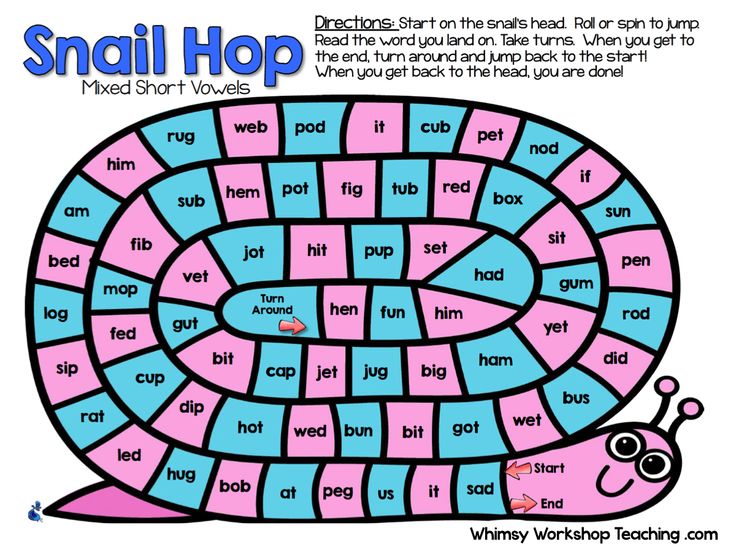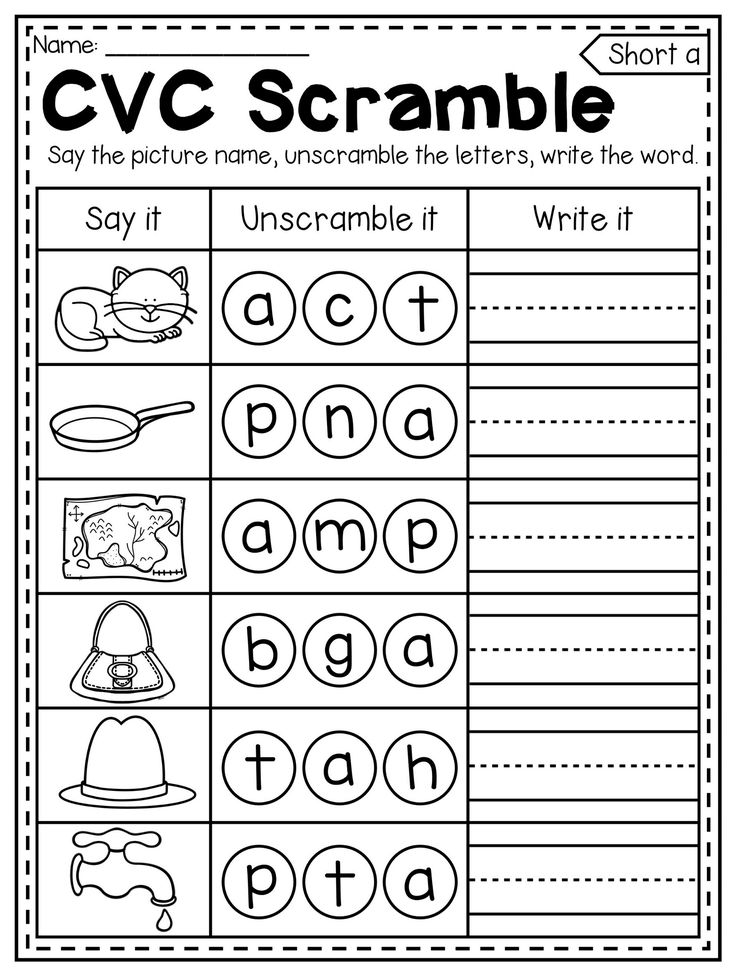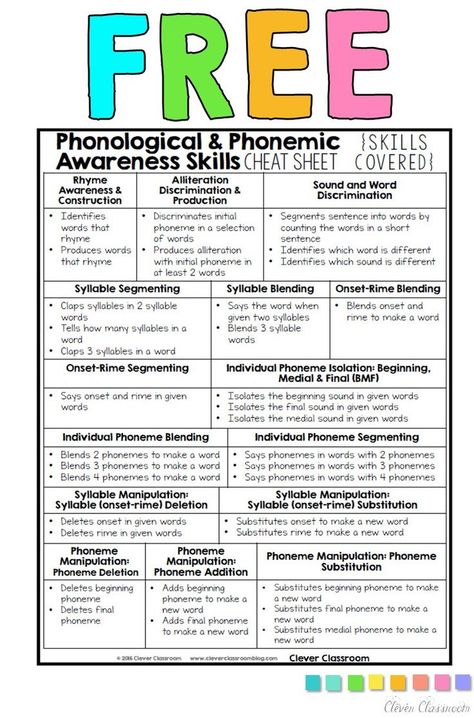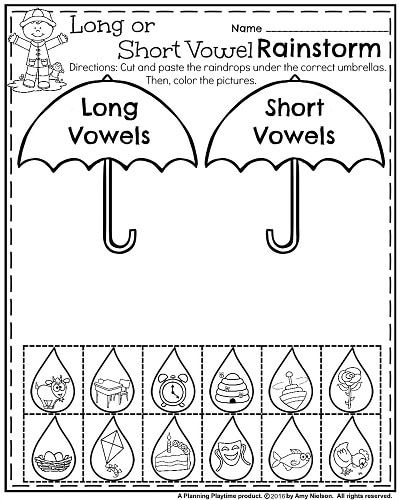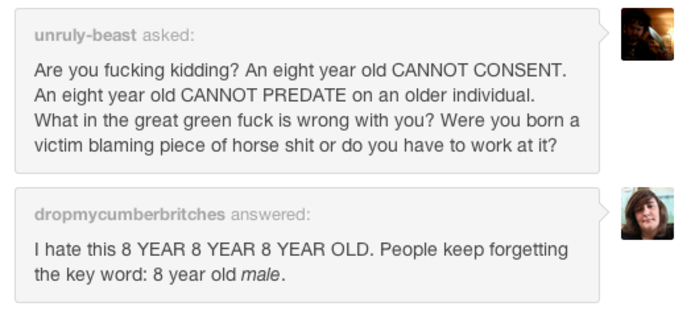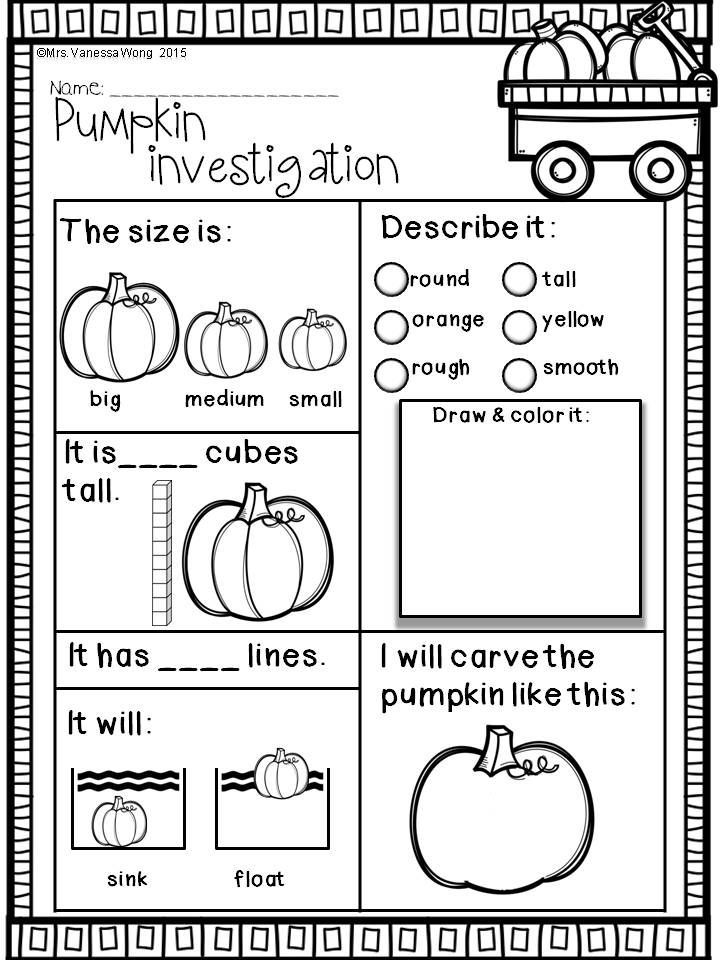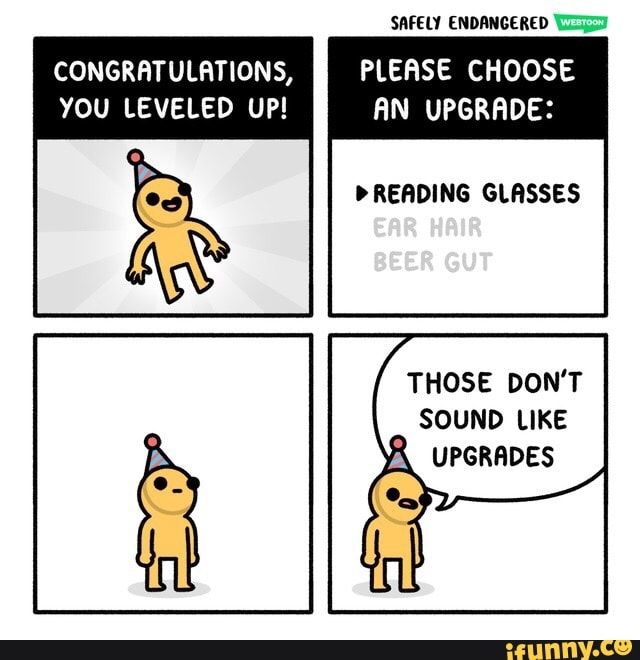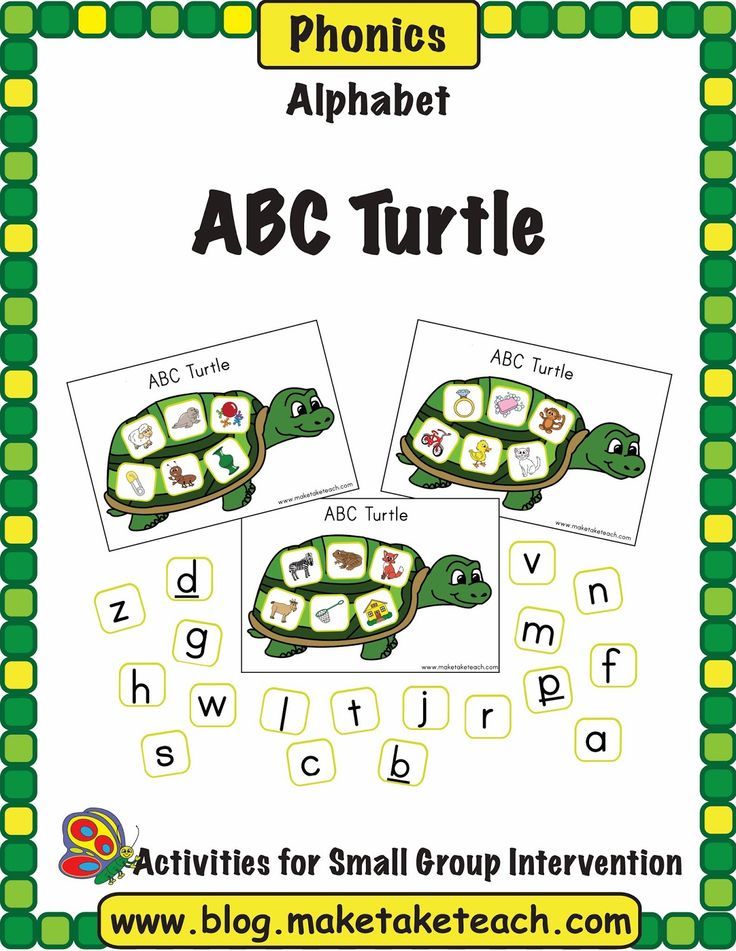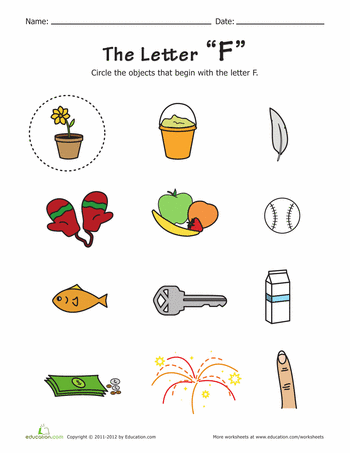Games to teach spelling
Classroom Spelling Games for Grades 2-6
Looking for an engaging spelling game to play with your students? Look no further! We’ve collected together a fun list of classroom spelling games suitable for students in grades two to six.
1. Buzz Off Spelling Game
Have students stand in a circle. Choose a person to start and say the word to spell. In succession moving from person to person around the circle, each student says the next letter in the word until the entire word is spelt. The next student says ‘buzz’ and then the next ‘off’ and that final student sits down. Any student whose letter misspells the word also has to sit down. Keep playing until only one student remains standing.
2. Spelling Team Tic Tac Toe #1
Divide students into two teams. Draw a large tic tac toe grid on the whiteboard. Students from each team take turns to orally spell an allocated word correctly. If they are correct, they add an x or o to the grid for their team. First team to three in a row wins the round.
3. Spelling Team Tic Tac Toe #2
Divide students into two teams. Draw a large tic tac toe grid on the whiteboard. Give each team a different coloured whiteboard marker. Students from each team take turns to spell an allocated word directly onto their choice of square on the tic tac toe grid. If they spell the word incorrectly it is erased. First team with three correctly spelled words in a row wins the round.
4. Snowball Spelling Game
Onto a small sheet of white paper write the grapheme for a sound the class has been studying, e.g. ‘ir.’ Scrunch the paper up into a ball. Throw the paper ball to a child who must unwrap the paper and say a word containing that sound. The child then throws the paper ball to another child who has to spell the word. They then throw the ball to another child who has to say a sentence that includes the word. They then throw the ball to another child who starts the sequence again with a new word that includes the sound.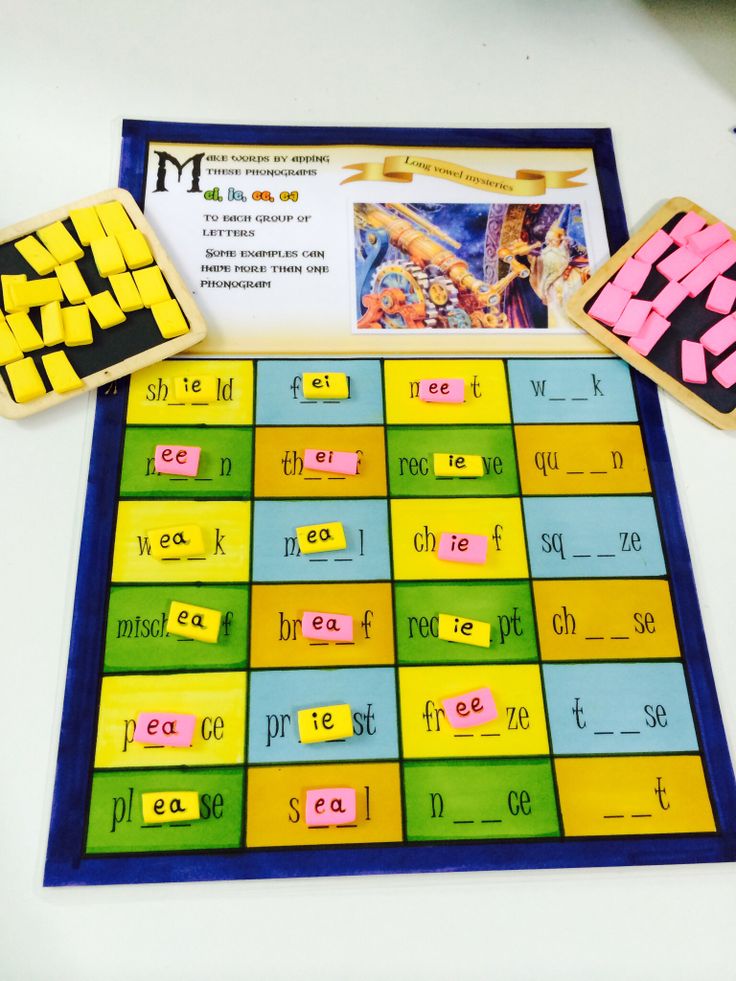
5. Spelling Swat It!
Divide students into two teams. Write the spelling words randomly onto the whiteboard.
Stand the first two players, with their backs to the board, a short distance in front of it. Give them each a plastic fly swat.
Call out a clue to identify the spelling word. For example, “This word means…” or “Rhymes with …” The two players must then race to be the first to swat the correct word on the board. The winner must then turn away from the board and spell the word correctly to win a point for their team.
6. Spelling Word Relay
Divide the students into teams. Each team lines up a short distance away from the whiteboard, facing the board. The first person in each team starts with a whiteboard marker.Call a word for the students to spell. The first student in each team races to the board and writes the first letter of the word and then runs back to pass the marker on to the next team member who writes the next letter of the word, and so on.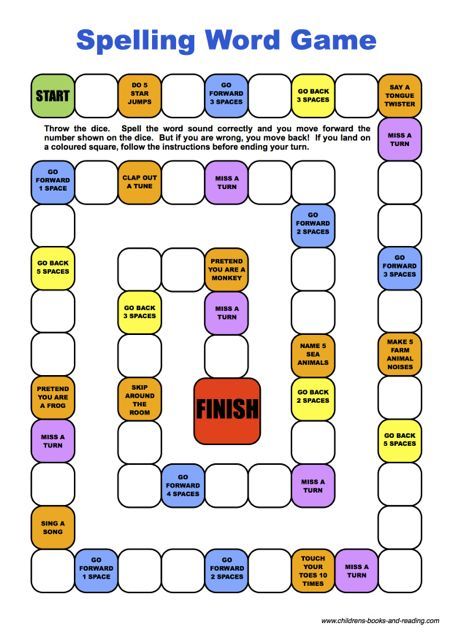 Team members can correct an incorrect letter on their turn but they may not add a new letter. The first team to correctly spell the word scores a point.7. Spelling Who Am I?
Team members can correct an incorrect letter on their turn but they may not add a new letter. The first team to correctly spell the word scores a point.7. Spelling Who Am I?
Write each spelling list word onto a post-it note. Divide students into two teams. The first student from the first team sits on a chair at the front of the room, facing the rest of her team. Place the first post-it note onto the student’s forehead. The goal is for the chosen student’s teammates to give him or her clues to what the word on his forehead is, without revealing the word directly. They can use rhyming words, synonyms, antonyms, guestures, etc. After they guess the word correctly, the student then has to spell the word. If they spell the word correctly, they score a point for their team. Repeat with the first team member from the second team, and so on.
8. Unscramble
Line students up into two or three teams facing the class whiteboard. The first person in each team has a personal whiteboard and a whiteboard marker and an eraser and turns to face away from the class whiteboard.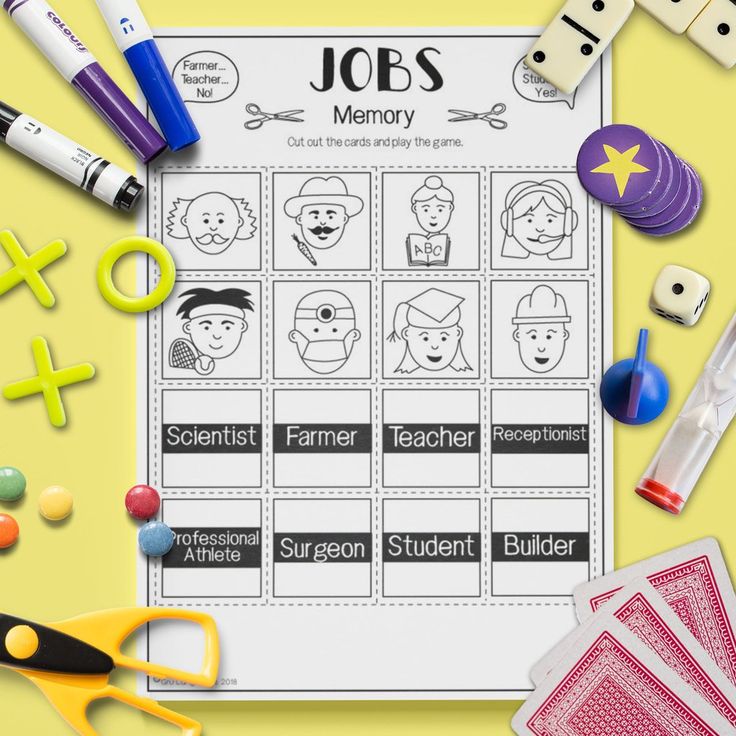 Write a jumbled version of the first spelling word on the class whiteboard. On ‘Go!’ the team members turn to face the board. The first of these students to write the unjumbled word (spelled correctly) onto their personal whiteboard and holds it up to the teacher wins a point for their team. They then pass the whiteboard onto the next team member and play continues with a new jumbled word for each round.
Write a jumbled version of the first spelling word on the class whiteboard. On ‘Go!’ the team members turn to face the board. The first of these students to write the unjumbled word (spelled correctly) onto their personal whiteboard and holds it up to the teacher wins a point for their team. They then pass the whiteboard onto the next team member and play continues with a new jumbled word for each round.
9. Missing Letters
Played in the same manner as Unscramble but the words are written onto the classroom whiteboard with blank lines in the place of some of the letters. For example, b_c_ _se for the word because.
10. Invisible Man
Line students up into two teams facing the whiteboard. Draw two large stick people on the whiteboard, one in front of each team, each must have the same number of body parts. Call out a word for the first member of team one to spell. If they spell it correctly they may erase one body part from the other team’s stick person.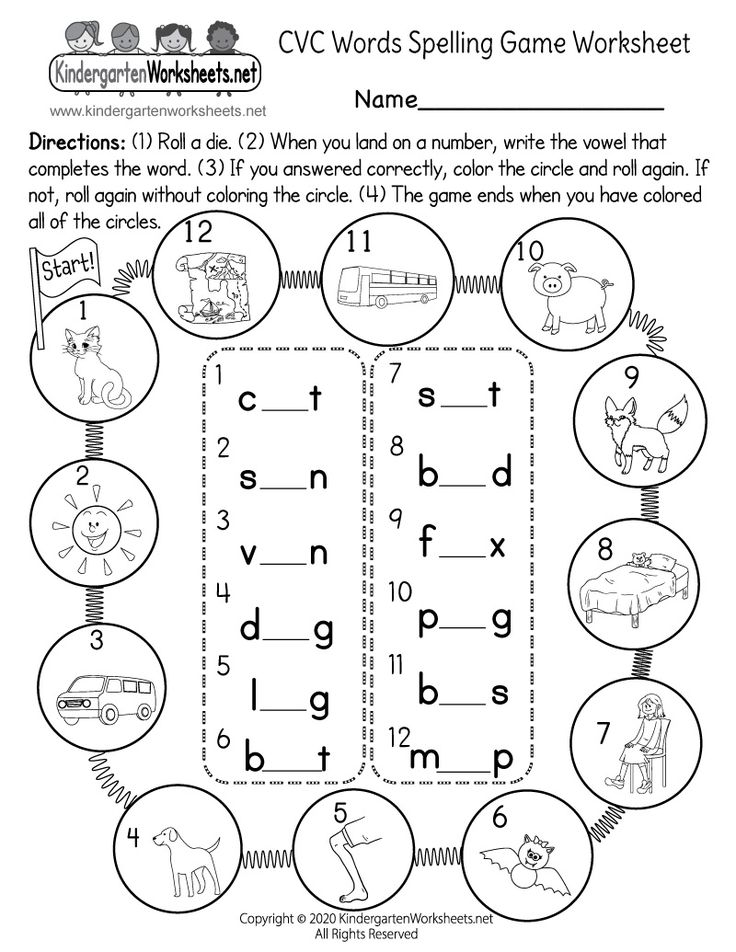 Call out a word for the first member of team two to spell, and continue on until one team’s stick person is completely erased. The erasing team is the winner!
Call out a word for the first member of team two to spell, and continue on until one team’s stick person is completely erased. The erasing team is the winner!
11. Spell-O
Each student chooses five spelling words and writes them onto a piece of paper. Write the alphabet in large print across the whiteboard. Cross out the letters of the alphabet, one by one. As each letter is crossed out, students cross out that same letter as it appears in each of their own words. First student to cross out all of the letters in all of their words wins.
12. Dictionary Challenge
This game works best with students in the upper elementary/primary grades. Divide students into teams. Each team will need a dictionary. Students choose a player from their team to go first. Call out a word. The elected students from each team race to be the first to find the word in the dictionary. The person who succeeds scores a point for their team. The dictionary is then passed to the next person in each team and the process repeated.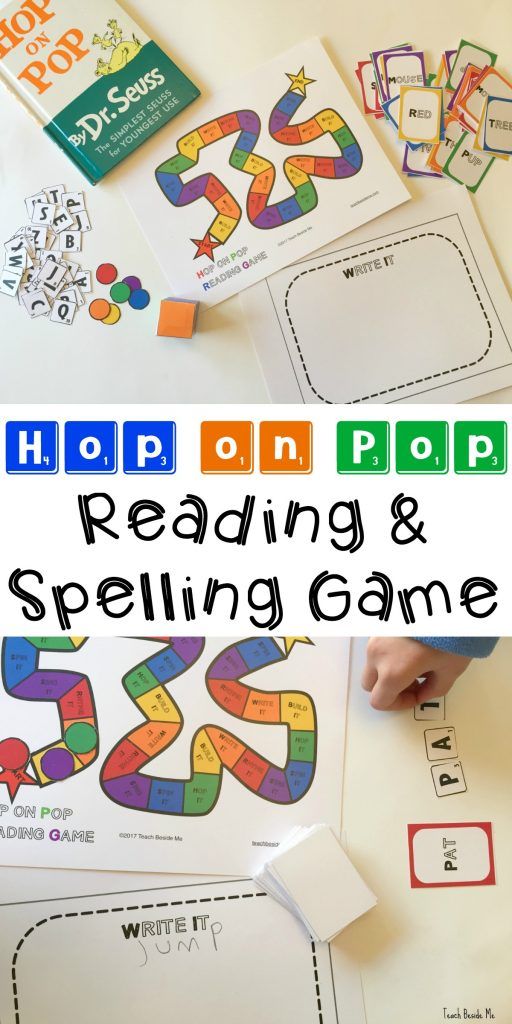
Christie Burnett is a teacher, presenter, writer and the mother of two. She created Childhood 101 as a place for teachers and parents to access engaging, high quality learning ideas.
The Best Classroom Spelling Games And How To Teach Spelling With Them
Too often students dread spelling and think of it as boring, rote memorization. Classroom spelling games to the rescue!
I use classroom spelling games to bring variety to spelling review and spelling practice. You can even use them for a spelling warm up. Students love them anytime, but they are especially welcome after a tough tutoring session or a long week.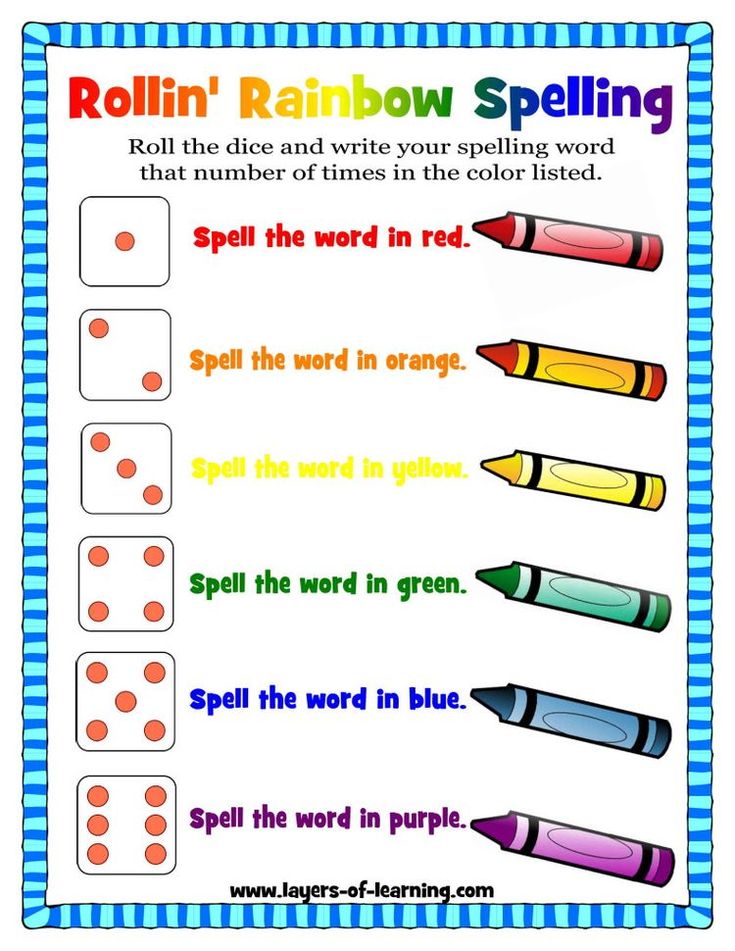 Keep students guessing and pop spelling games into your literacy stations from time to time.
Keep students guessing and pop spelling games into your literacy stations from time to time.
When you use spelling games, students:
- Get multiple opportunities to spell and check their words
- Are more engaged in spelling review and may get more out of it
- See or hear other students spelling the word. This makes students check what they know. If it’s incorrect, they can mentally correct it. If it is correct, it reinforces what they know.
- Can, in some cases, manipulate words physically, for example, sliding letter tiles together to form words.
- Build speed and fluency often.
Convinced that spelling games have a place in your classroom? It’s time to get some (or some more) classroom spelling games!
It’s great to have a mix of spelling games that cover different skills. I also like to have a mix of game types including spelling board games and other games students recognize remixed for spelling review.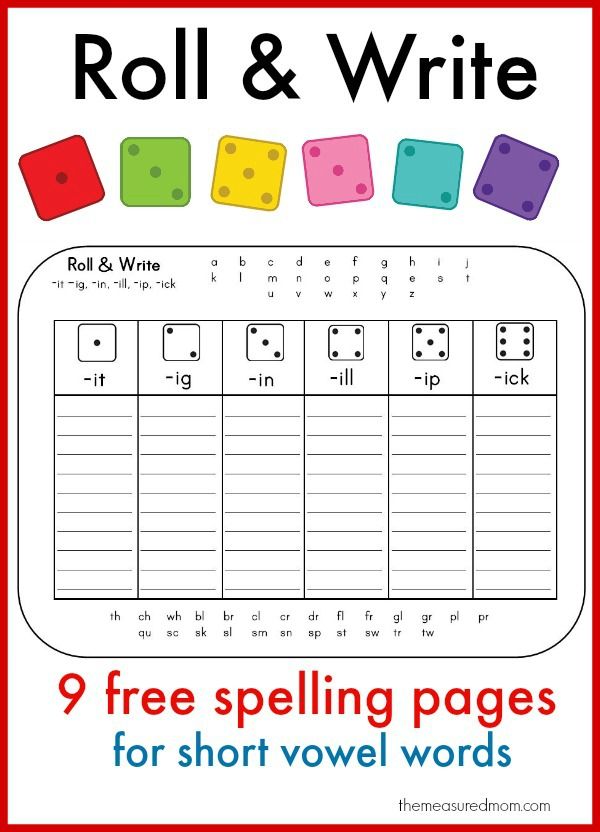
Start with 5 days of spelling games in the Spelling Game Challenge (it’s free!)
Then try these classic games adapted as classroom spelling games:
1. Go Fish is a spelling variation of the classic card game. The dealer passes seven cards to each player and spreads the extra cards, face down, in the center. The goal is to get sets of 4 of the same word. Player 1 asks another player for a word in their hand. The other player has to hand over any cards with that word. If the player doesn’t have any cards with the words, Player 1 has to “go fish” and choose a card from the center. If they get the word they asked for, they can ask another player for the same word or ask for another word. If they do not get the word they ask for, the next player goes. The game ends when one player has all of their cards in sets.
2. Memory is another classic card game adapted for spelling review. You’ll need a set of word cards with two of each word. Lay the cards out in a grid, word-side down.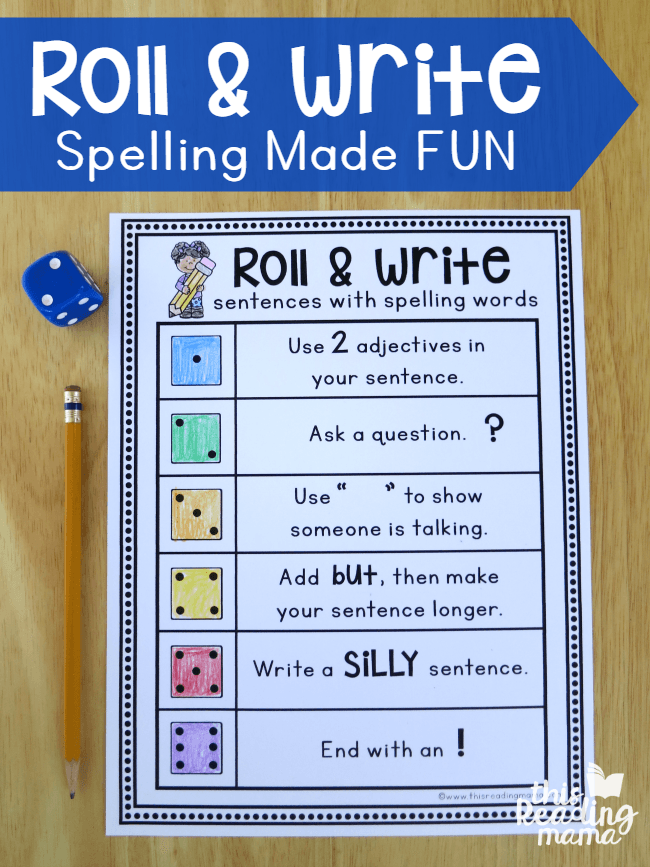 Player 1 turns over two cards and reads both words aloud. If the words match, the student keeps the cards. If not, they flip the cards face down again. Player 2 does the same. The game ends when all the cards are matched up. The player with the most word pairs wins.
Player 1 turns over two cards and reads both words aloud. If the words match, the student keeps the cards. If not, they flip the cards face down again. Player 2 does the same. The game ends when all the cards are matched up. The player with the most word pairs wins.
3. Spelling Snap turns the fast-paced card game into a tool for spelling review to practice speed and fluency. You’ll need a word deck with 2–4 cards for each word. Player 1 player deals out all the cards, face down, so that each player starts with half the deck. Then both players flip the top card on their pile at the same time. If the cards match, the first person to say “snap” wins all the cards that have been flipped over. To practice reading the word, have the player say the word on the matching cards instead of Snap. The game ends when one player has all the cards, or after a set amount of time has passed, at which point the person with the most cards wins.
4. Jenga Game. Looking for a game with high frequency words or any other spelling words? Pile on the fun with The First Grade Diaries’ spelling version of Jenga.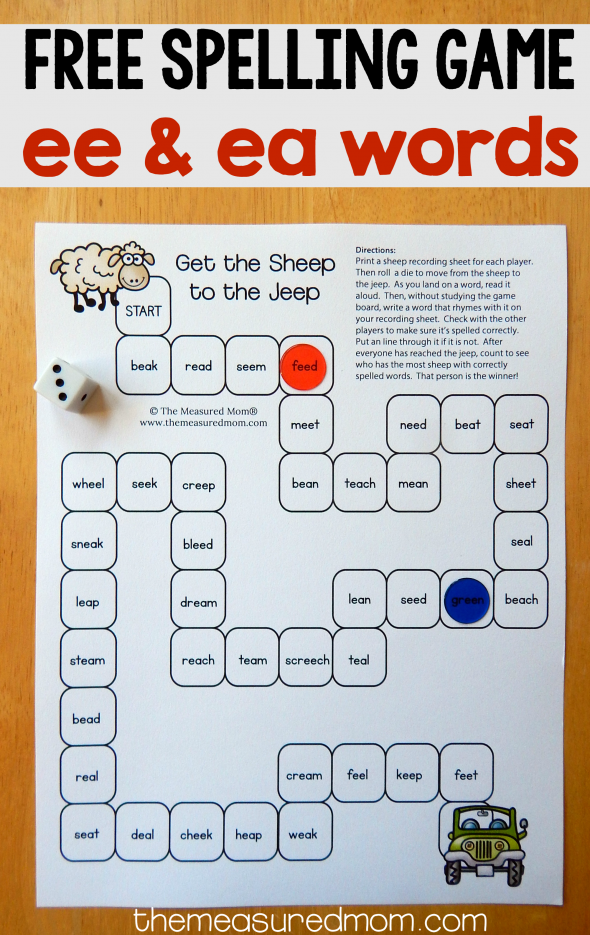 Get your students reading the words, before they remove them and then stack them on top.
Get your students reading the words, before they remove them and then stack them on top.
5. Spelling Snakes and Ladders. This spelling board game is perfect for spellers to practice CVC words and digraphs.
6. Word family tic tac toe. This game found on Kids Activities Blog can be used with any spelling list and is a great way to practice reading and writing if you get your students to make their own boards.
7. Spelling battleship. Relentlessly Fun, Deceptively Educational turned the traditional game of battleship into a spelling game. Kids love this one!
8. Who can spell the most words? Do you have students who like Connect Four? Try this spelling game by No Time For Flashcards.
9. Phonics Bingo. This advanced code bingo set includes 91 spelling patterns in 20 different games.
10. More Spelling Bingo. If bingo works for you, why not get done-for-you boards with even more spelling words and patterns included?
You can also add these unique spelling board games and activities:
11.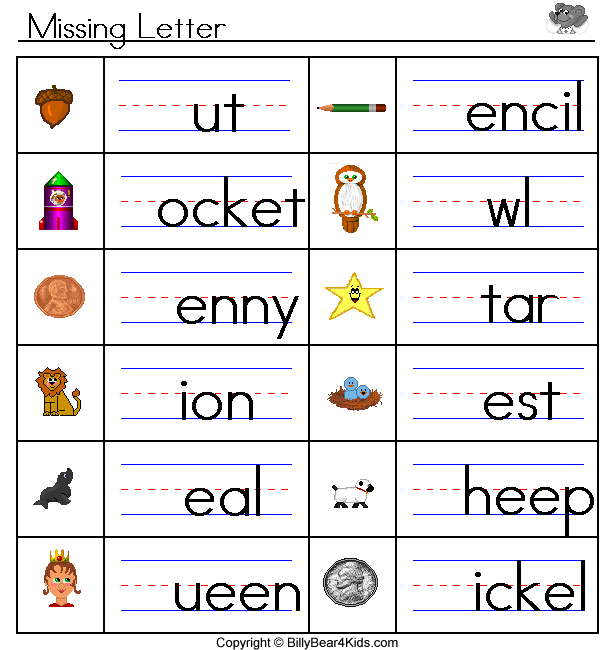 Guess my group. This game is one of a variety of activities that are part of Spelling Activities for Any Word List. Students classify words and play a guessing game with a partner for more spelling review.
Guess my group. This game is one of a variety of activities that are part of Spelling Activities for Any Word List. Students classify words and play a guessing game with a partner for more spelling review.
12. 3D word search. Another classroom spelling game from No Time For Flashcards. One of my students loved playing word search games on the iPad, and this was a great no-tech replacement. There are even great ideas to adapt for different levels.
13. Spell It. One game board, lots of lists to make spelling review fun! And there are versions for beginner and advanced words for more versatility.
14. Tap the Right Spelling. Students tap the right spelling pattern for a given word. Great for advanced code students.
15. Roll and Write Games. This fun partner game that gets kids writing and saying spelling words can also be adapted for individual play.
Check out this video tutorial of classroom spelling games for more ideas.
What are your favorite classroom spelling games?
Game exercises for students of the Russian language at the initial stage: spelling
Game tasks serve as a means of teaching the language, developing students' speech skills and abilities.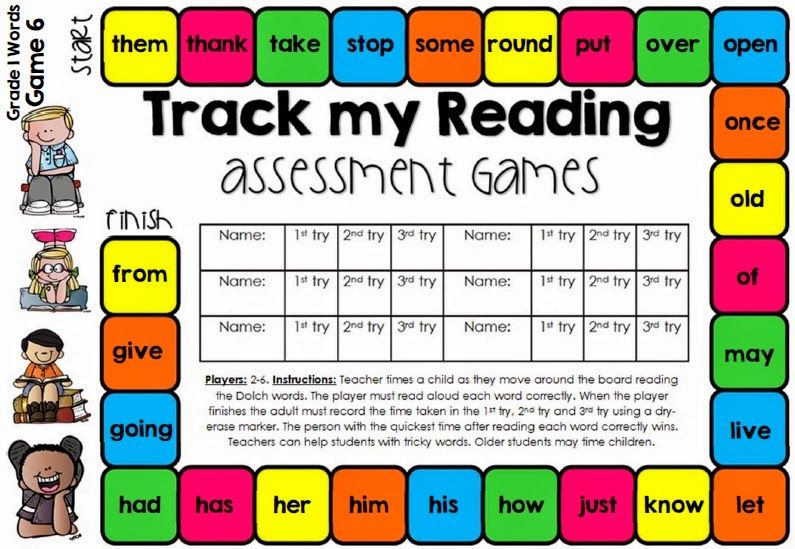
At the initial stage, when teaching the Russian language, foreign students accumulate vocabulary, so it is advisable to use tasks in the classroom that stimulate the memorization of language material.
You might be interested in “Mini-course for RSL teachers: grammar in the classroom”
We offer as an example game tasks, the purpose of which is to train the spelling of the studied vocabulary in a variety of forms.
Preparing for the game. The teacher must prepare several groups of words with mixed letters, each group refers to a topic.
Description of the game. Students work individually or in pairs. To attribute words to a topic, 1 minute is given for each group of words.
The winner is the one who scored the most correct words.
Here is what I eat for breakfast:
Olmkoo Kisosis
Yrs Lasat
Aych Efok
(milk, cheese, tea, sausages, salad, coffee)
Alternative.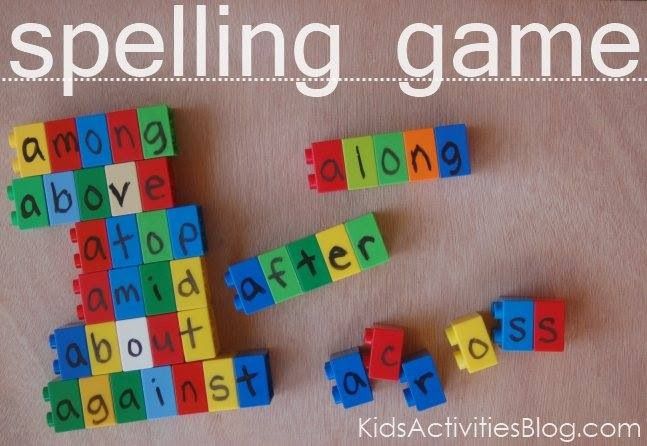 Let each team prepare a list of jumbled words for the other teams to try to guess. Each group of words should be united by one topic. This is a good way to get students to learn new words in a text.
Let each team prepare a list of jumbled words for the other teams to try to guess. Each group of words should be united by one topic. This is a good way to get students to learn new words in a text.
Description of the game. Divide the class into 2 or 3 teams. Then write the long word on the board as many times as there are commands, spacing more than usual between the letters. For example:
GOOD GOOD
The first member of each team runs out and writes the word below. The word must begin with one of the letters that go into the word well. Number 2 does the same, then number 3, and so on. They all write one word at a time.
For example , after the fourth numbers from each team run out, the following entry should appear on the board:
Score one point for each letter in each correctly spelled word. Give an extra 3 or 5 points to the first team to finish their comb, provided they didn't spend too much time on it.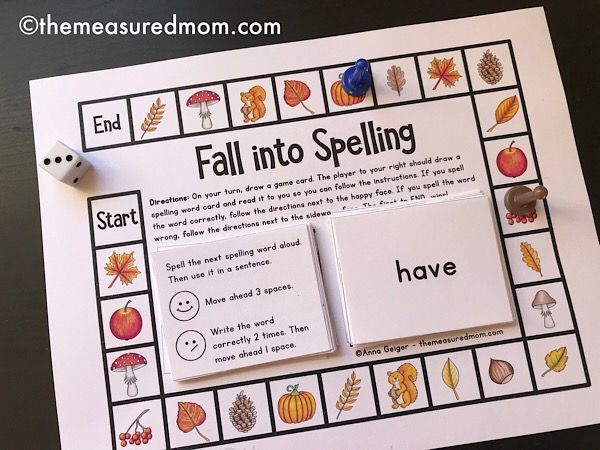
(A lot of time is wasted because the students are trying to copy the “combs” of their comrades.)
Description of the game. This game is similar to a crossword game, but is easier to adapt to different rules and learning levels. Each student needs to have several "snakes".
Students correctly fill in the “snake” with words so that there are no free squares and the letters do not go beyond the contours of the “snake”. The competition is to see how many students can complete the "snake" with correctly spelled words in a limited period of time, such as three or four minutes.
In this form, the game can be played once or twice at an early stage.
You may be interested in the course “Games in Russian as a Foreign Language”
The game can also be played in pairs or groups of 3 or 4 people; they compete with each other.
One point is given for each correct word, one point for each letter and points are deducted for spelling errors
Alternatives
(1) Play the game as above, but use words from one topic - weather, sports, home, garden, geography or clothing.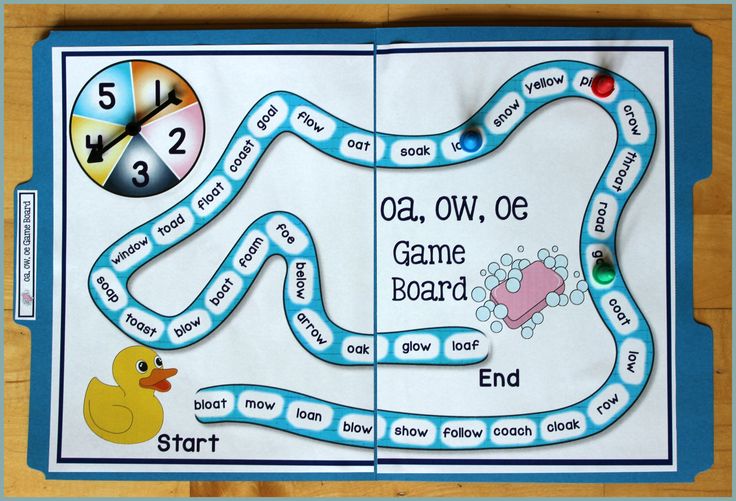
(2) Work only with nouns, adjectives or verbs.
(3) Divide the class into groups of five or six. Students complete only one word per person, passing "snake" around the group. Two or three students can write more than one word. The group that completes the "snake" first is the winner.
(4) Play the game in pairs. Two students take turns filling in the words in the "snake". The student who manages to complete the "snake" is the winner.
Each pair requires at least three kites.
(5) An even more difficult option. "Snake" must contain a whole sentence. Play in pairs, each player contributes additional words.
The pair that finishes correctly wins.
The samples of game exercises presented by us in teaching spelling allow the teacher to train and test the studied language material in various forms.
Related Articles
- Podcasts in Russian for native speakers and learners
- My lucky nine, or Is there an ideal RFL textbook?
- Virtual educational quest for students of Russian as a foreign language: “In search of L.
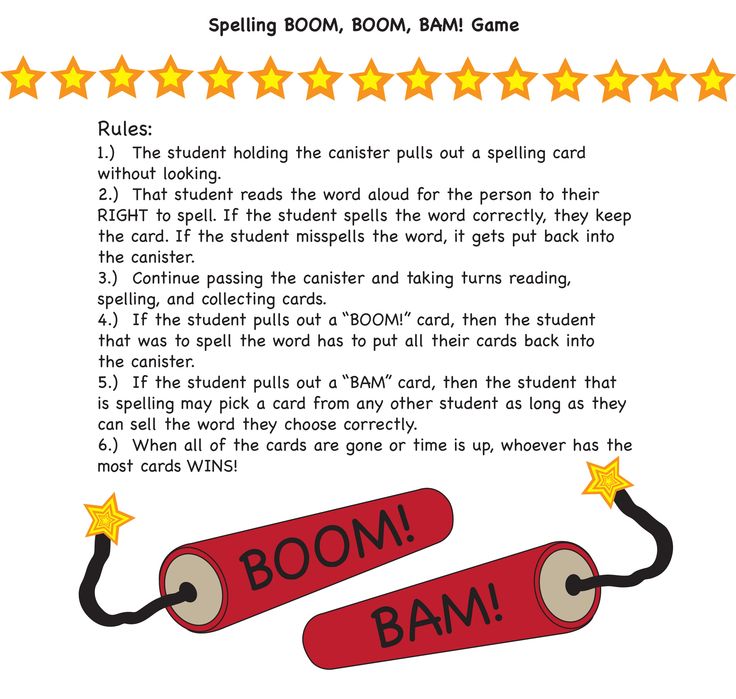 Tolstoy’s green stick”
Tolstoy’s green stick” - 4 useful exercises: learning to ask questions correctly
- How to create a linguistic Internet meme for classes on the Russian language and culture of speech
Simulator -game for teaching spelling
Moscow
Spelling trainer.
Teaching the younger generation to read and write is a fundamental municipal function. For a quick and effective study by children of their native (and other) language, mathematics, geometry, various pedagogical techniques are used.
For example, for teaching spelling, a technique with multi-colored cards depicting letters is widely used. But this method is not very comfortable - especially outside the home and on a trip.
In addition, the learning process will be even more effective if it is implemented as an entertaining game.
I invented and is preparing for patenting a simulator - a game for teaching kids to spell words. Simulator-game. It is a portable pocket-sized case with a slot in which lamellas with signs depicted on them are located with the possibility of sliding.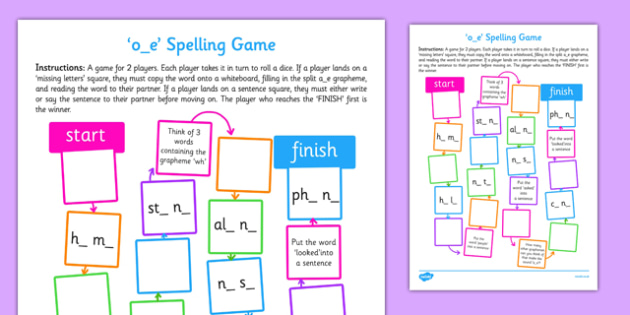 These words are compiled by the child by the method of two-dimensional movement of lamellas according to a certain method.
These words are compiled by the child by the method of two-dimensional movement of lamellas according to a certain method.
The user will have to use the method of ingenious movements of lamellas from disparate letters to compose a hidden word, while showing his knowledge. Using the simulator requires intense, but reckless brain activity. In addition, it is very interesting - the composition of words is transformed into a funny game. Having built lamellas with signs according to the word, the user will gain moral satisfaction from the consciousness of the level of his own mind (adrenaline!). This will help him understand the spelling of the words.
SELF-EDUCATIONAL is entertaining. Apart from the educational component, it promotes the development of intelligence, as well as the coordination of sensory and motor skills.
Now, regarding the training component.
The human brain is arranged in such a way that 97% of psychological activity occurs at the subconscious level and only 3% - at the level of consciousness.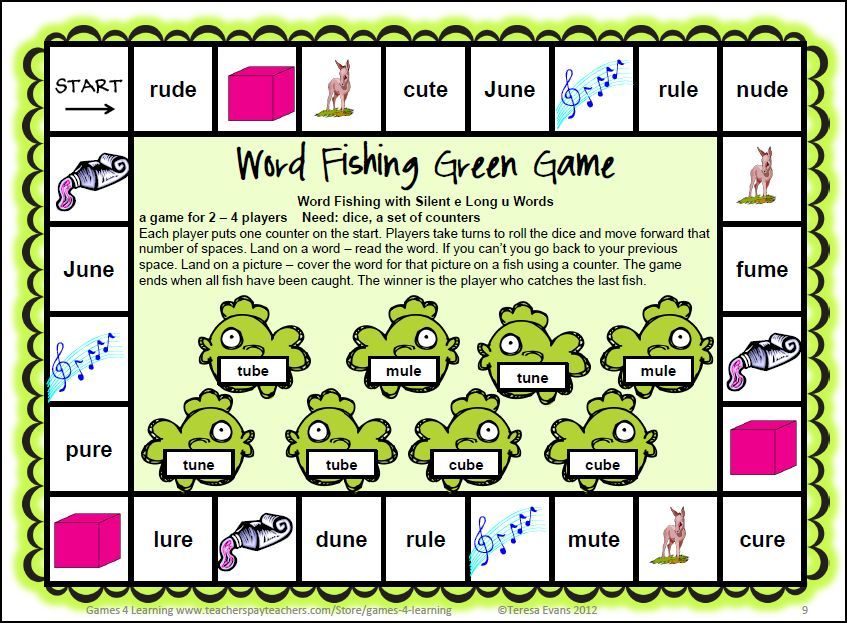 At the same time, information perceived at the subconscious level is assimilated a thousand times faster and more efficiently than at the level of conscious perception. During a game, a person’s sensory perception is busy looking for the right moves, and at this time, unconsciously (this is a suggestological mode - like the 25th frame in a movie), information about the alphabet and spelling of words is deposited in the brain. This is a completely new approach in teaching practice! The best effect of digestibility and attractiveness is achieved. The simulator-game will do a dual task - to give the user pleasure, while carrying out comprehensive and effective training. The age range of users is from 4 years and above.
At the same time, information perceived at the subconscious level is assimilated a thousand times faster and more efficiently than at the level of conscious perception. During a game, a person’s sensory perception is busy looking for the right moves, and at this time, unconsciously (this is a suggestological mode - like the 25th frame in a movie), information about the alphabet and spelling of words is deposited in the brain. This is a completely new approach in teaching practice! The best effect of digestibility and attractiveness is achieved. The simulator-game will do a dual task - to give the user pleasure, while carrying out comprehensive and effective training. The age range of users is from 4 years and above.
The advantage of using the simulator over cards for training is that you can play and learn anywhere - transport, cottage, beach, etc., because the simulator is pocket-sized and the lamellas will not crumble. Learning a non-native language, coupled with the game, will be interesting even for adults and other nationalities.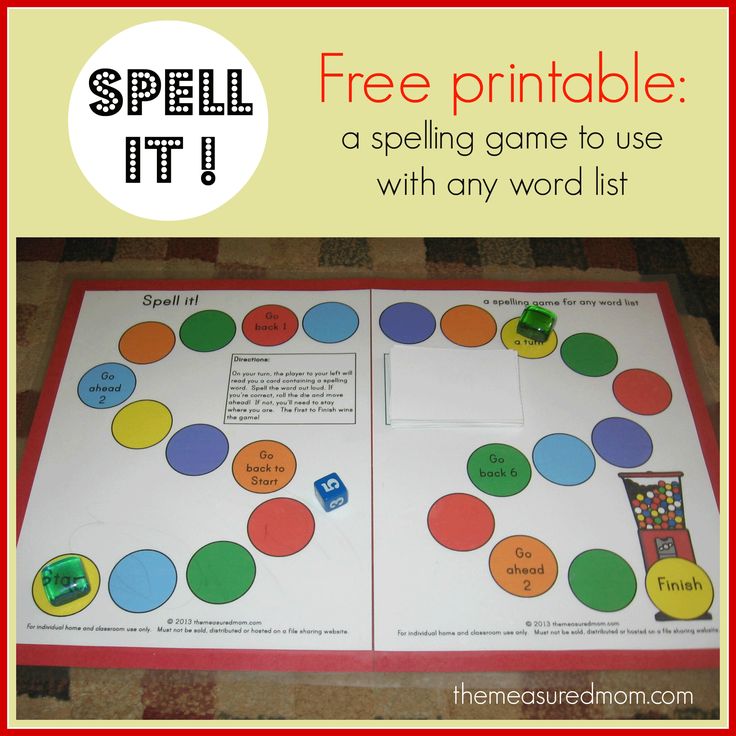
3D computer model can be shown.
I invite a partner-investor for serial production on the following criteria. I manage the development, patenting and preparation of production (I receive a salary). After launching into mass production, I get Royalty.
Interested thought hunters, please don't worry.
RUDENKO Valery Mikhailovich, Ph.D.
Distinguished Inventor
Recommendations for the operation and installation of gas heating boilers
A gas boiler is a unit that includes: a heat exchanger, an automatic system, a chimney and other parts that depend on the design features of the manufacturer. Quality does not depend on the price of the equipment itself. Budget …
Features of metal warehouse racks
The task of optimal use of the volume of storage space will help to solve a variety of options for multifunctional racks offered in the Metek online store. Using such practical and convenient designs, it is possible to equip garage premises as comfortably and conveniently as possible .